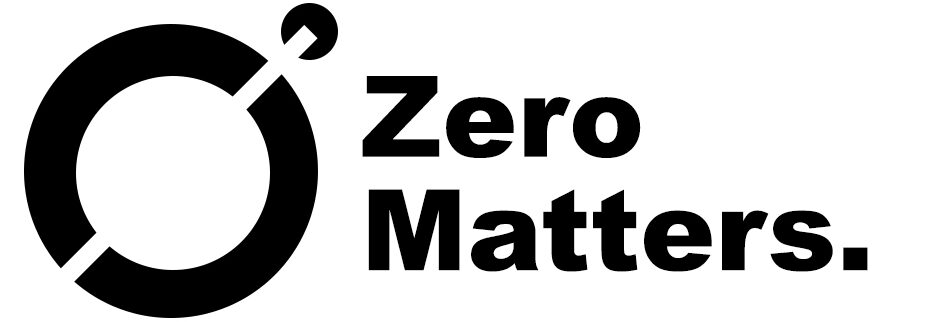Many parts of the world are either in flames or in floods at the moment and we and the economic structures we live in, all play some part in it. The issue is very much on my mind, so what better topic to start of my new blog with!
You’re here, so you know just how important it is to face it head on and that’s a great start for both of us! If you wanna know a little more about why I started writing this blog, you can find that here.
Let’s start with and overview of why our planet’s on fire and where the responsibility may lie. It may feel out of your hands, but I assure you that there is plenty we can do to change all of this. If you want to dig deeper, there are blue links in the text to further reading and viewing.
In a future post I will outline some useful tools that I personally use to simplify things. These will give you a birds-eye view of your lifestyle and its environmental impact. Then we’ll know what to tackle first. It will help take some of the pressure and anxiety away, for sure! But first let’s discuss the term we often give to our environmental impact: “Our Carbon Footprint” – the good, the bad, and the ugly of it…

Carbon Footprint…blah…blah…blah
The term Carbon Footprint is used so widely, because it simplifies things somewhat in terms of action and impact.
This action leads to this amount of Carbon being released into the air.
Currently we can do a number of things to alter this footprint:
- Reduce or change the action to an alternative with a lower footprint.
- Use carbon-capture technologies to capture the emitted carbon from the air.
- Move to Mars.
- Or, more commonly, we talk about Carbon Offsetting; such as paying for the planting of forests to absorb emissions or buying Carbon credits from other companies who have not used up all theirs (i.e not emitted all the carbon they are allowed to).
Carbon offsetting doesn’t let us off the hook forever, especially with regards to the companies that run our lives. Rollie WIlliams humorously compares the act as similar to a man paying another man not to cheat on their wife so that he can still cheat on his. For more entertaining educational videos, I definitely recommend you subscribe to his channel “Climate Town”!
One danger of disregarding carbon offsetting so completely, though, is that it can leave us feeling a little adrift with regards to what we can do. For many, it’s an important first step and a great tool to have running in the background. It can give us some breathing room to work on the bigger systematic changes and the technologies that we need.
Pointing the (Oily) Finger
It’s unfair to point the finger at individuals and say that it is us alone that got us here. You may be (un)surprised to discover that the term “Carbon Footprint” was coined in a marketing campaign for the fossil fuel company BP. It helped to slow down government and corporate policy change by framing the individual as the responsible party whilst shifting the focus away from the actions of fossil fuel conglomerates.
Makes you a feel a little angry right? Well that can provide some good energy and motivation! We can take action as individuals and as a collective to apply pressure on our markets and governments. This includes everything from the way we shop and live, to how we vote and even taking action in protest. Doing so will help ensure they make the bigger changes we need, faster. Let’s go deeper into fossil fuels to give us more perspective on this.
Accountability
The carbon emissions of 100 fossil fuel companies in the world absolutely dwarf anything we do individually, accounting for 71% of global emissions. Our lives are also supported by so many “passive” emissions that we can do little about on our own (production of highways, buildings, manufacturing etc). It is primarily on the companies and governments that deliver and maintain the technologies, tools and products that support and fuel our lives, to make sweeping changes. They must prioritise research and development asap to make it easier for us all to live more climate friendly lives.
That said, further research has shown that the direct emissions of the fossil fuel industry only account for 10% of this total, whilst their products account for the remaining 90%, so this does put a lot of power in our hands to demand alternatives, through our interactions with the systems of our economy and democracy. However, not everyone can be reached, understand or afford these alternatives without policy support and incentives from the government. A Carbon Tax would be the most impactful governmental policy. This would price-in the damage caused to the environment, similar to how tobacco tax does. Making these items less desirable to produce and buy.
Big-tech Dystopia
Sounds so easy doesn’t it? But fossil fuel companies have deep pockets and have been lobbying against policy changes for many years in order to protect their bottom line. If only there was another industry with just as deep pockets to step in and help counter it before it’s too late…

Large tech companies that say they want to do their bit with regards to the climate need to put their money where their mouth is and stand up against the lobbying of oil, gas and meat industries. Whilst they are at it, they can stop trying to actively lobby against pro-climate policies themselves.
If you are reading this and are fortunate enough to work at Google, Amazon, Facebook, Apple or Microsoft then perhaps the single most important thing you can do at this moment is speak up to your employer and let them know that they need to act now.
Signing Off, See You Soon!
In future blog posts I will dig more into each area of our lifestyles, both personal and social, one by one to explore what we need to do to get our planet in as best health as possible, as soon as possible. So look out for more posts soon along the following themes and I’ll add links below as I write them!
- Compensate: Give back to make up for lost time.
- Consume: Choose alternatives to show there is profit to be made by being better for our planet.
- Democracy: i.e Use your rights to be super annoying until those in charge take action.
- Fitness/Food: How healthy you are and what you eat can have a HUGE effect. The food we eat accounts for 26% of the Carbon Footprint of consumption.
- Inhabit: The buildings we live, work, consume and play in account for 24% of the Carbon Footprint of consumption.
- Invest: How to use your money to support your lifestyle, affect change and save the planet.
- Travel: This accounts for 39% of our consumption Carbon Footprint.
Phew, ok that was a long intro, thanks for sticking it through! See ya next time!
Get the latest posts in your inbox


I look forwards to reading the suggestions for the little sustainable steps we can all take to make a difference 🙂
Hi! Thanks so much for reading and commenting . I’ll be getting to work on those suggestions later this week!✍️
Great read Matt and already looking forward to your next blog. I’ve been actively trying to reduce our household emissions and offset those we can’t by planting trees mainly but as always there is plenty more I can do so keen to read more. Keep up the great work
Thanks so much for taking the time to read it Joe, your support means a lot. Great to hear that you are thinking about and acting on things too! Let me know if you discover any useful hints and tips too!